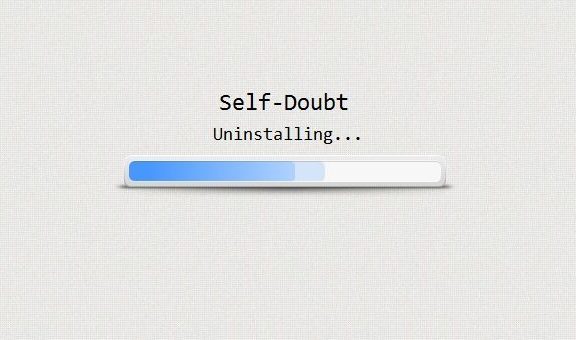More often than not, musicians tend to struggle with the right to be on stage. I most definitely fall in to this category (and still do at times). This form of self doubt can have a negative impact on our performance and we will be looking at why. Although there is no guaranteed advice to automatically start experiencing a sense of belonging on stage, a sure-fire fact is that the more you perform (or experience you gain) the better you will be at it.

The reason self-doubt can be hindering towards a performance simply comes down to non-verbal communication. The moment you walk on stage, you’re sending out large volumes of information about yourself that the audience is then interpreting. First impressions are inevitable, and as performers we want to be aware and in control of this element to as much a degree as possible. Audience members are not necessarily making judgments about us, they are only responding to information that is automatically generating a response.
The easiest way to make a good impression is to establish a connection with your audience. An audience tends to feel what the performer is feeling, and they’re entering your reality to a degree. By looking at your audience you imply that you’re aware of them and that they matter to you. You also want to be aware of your body language at this point. You want to look as comfortable as possible on stage, or in other words, you want to look “at ease”.
This is, of course, easier said that done. As performers we tend to get nervous and it’s easy to forget about everyone else and only focus on ourselves as a result. One thing to realize is that feeling nervous is usually a result of having a certain expectation. If you expect the sequence of your performance to play out in a certain way then you will only be disappointed when it doesn’t. For example, you may nail the performance in the rehearsal room only to be blindsided by terrible stage monitoring at the gig. With so many unpredictable factors to be concerned with, it’s only natural that we feel a sense of nervousness.
Being a confident performer is something to focus on if you really want to give back to your audience. This is a skill that usually doesn’t develop over night. Remember that old saying, “you got to pay your dues”?
In future posts we will be exploring non-verbal communication even further. Make sure you’re subscribed so that you can pick up on these tips.
